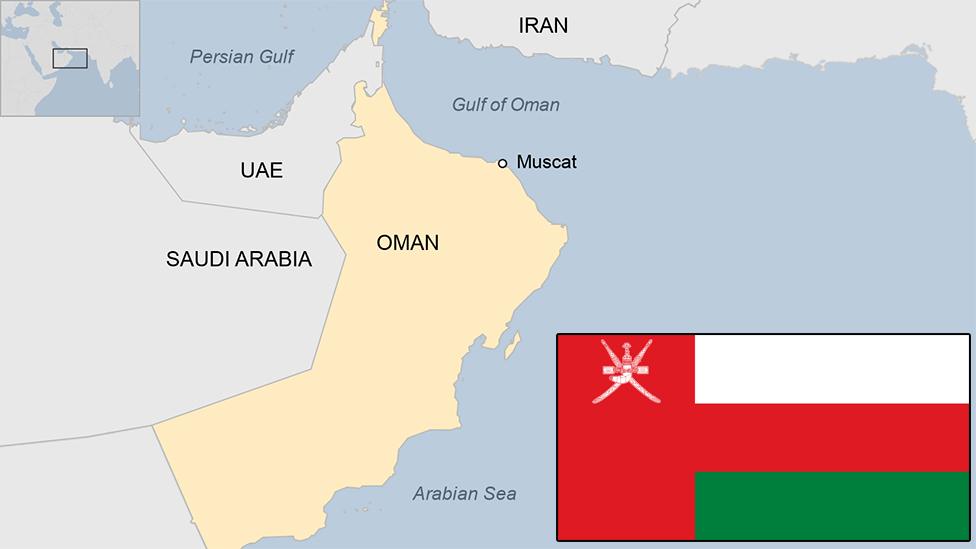
The decision comes at a time when Oman is seeking to reduce its dependency on imports and boost the resilience of its domestic economy. With public procurement representing a significant portion of the nation's spending, officials hope that redirecting this expenditure toward local businesses will foster sustainable growth and create more jobs for Omanis.
Government entities will now be required to adhere to a comprehensive procurement list, which emphasizes products and services produced within Oman. This list will help ensure that local manufacturers receive greater access to government contracts, with a focus on quality and competitive pricing. The initiative is part of the broader "Oman Vision 2040," which seeks to diversify the economy and reduce the nation’s reliance on oil revenues.
According to officials, this move is a direct response to the changing global economic environment, where many countries are focusing on strengthening domestic supply chains. By ensuring public contracts support local enterprises, Oman hopes to stimulate innovation and raise the profile of its manufacturing capabilities.
The mandatory procurement list will cover a wide range of sectors, including construction, energy, food production, and healthcare. Local suppliers will be encouraged to meet the standards set by the government to qualify for these contracts, which could involve meeting stringent quality controls and technological standards.
Industry leaders have welcomed the policy, with several business owners expressing optimism about the increased opportunities it will provide. "This policy is a step in the right direction for Oman’s manufacturing sector," said one local business owner. "It gives us a platform to showcase our products and compete on an equal footing with international companies. For us, it's not just about getting more contracts, but about building a stronger brand reputation."
However, some experts have cautioned that for the policy to be successful, it must be accompanied by investments in infrastructure and technology. These investments will be critical in ensuring that local producers can meet the growing demand and meet international quality standards. "While this mandate will undoubtedly stimulate demand for local products, the government must also support local manufacturers with the necessary tools and resources to scale up," said an industry consultant.
As part of the new policy, the government has also committed to supporting small and medium-sized enterprises (SMEs) by providing financial incentives and assistance in navigating procurement processes. This is expected to level the playing field and encourage more entrepreneurs to enter the market. Given that SMEs account for a significant portion of Oman's private sector, this initiative aims to boost innovation and foster greater competition within the domestic market.
The policy is expected to have a ripple effect across the economy. By increasing the demand for locally produced goods, it is anticipated that more local businesses will emerge to meet these needs, further strengthening the nation’s economic fabric. Moreover, the increase in demand could incentivize innovation, leading to improvements in production quality, technological advancements, and efficiency.
International businesses operating in Oman will also need to adapt to the new requirements. Multinational companies with a presence in Oman will now need to assess how they source their products and services, with an increased focus on collaborating with local suppliers. For some companies, this might mean establishing partnerships with Omani firms or even relocating parts of their supply chains to ensure compliance with the new regulations.
Though the policy marks a significant shift in Oman’s procurement strategy, its full impact will depend on the effective implementation and enforcement of the rules. While the government has outlined the broad strokes of the policy, the specific details of the procurement list will be developed in the coming months, as officials fine-tune the requirements based on feedback from the private sector.
Oman’s move also aligns with a growing global trend of reshoring supply chains, where countries are increasingly seeking to reduce reliance on foreign suppliers and bring critical industries back home. Several other nations, including those in the Gulf Cooperation Council (GCC), have introduced similar initiatives aimed at encouraging local production.
Topics
Gcc
